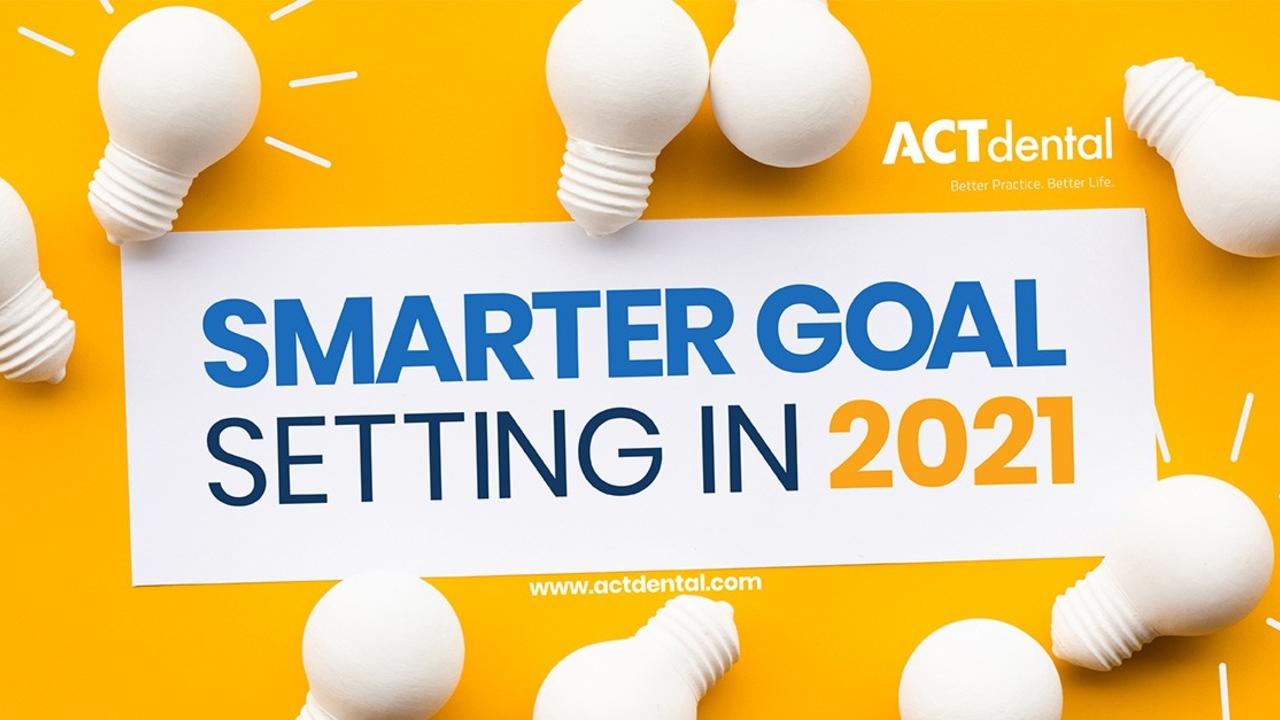Why is it that so many of our goals are never met? Where do we falter?
The fault is not in the actual goals themselves, yet instead, in the way we set our goals and then never plan to execute them. Setting the goal is only one piece of the puzzle; when merely stating what we want to achieve, we miss a huge part of the process.
Author and motivational speaker Zig Ziglar, who spent a lifetime helping others grow, tells us, “A goal properly set is halfway reached.”
Enter the S.M.A.R.T.E.R. goal-setting process. Rather than simply stating a goal, winging it, and hoping you get there, somehow, in the end, S.M.A.R.T.E.R. goals provide an excellent framework for your success.
How to Set S.M.A.R.T.E.R. Goals
The process of S.M.A.R.T.E.R goal-setting follows the acronym, which stands for Specific, Measurable, Achievable, Relevant, Time-Bound, Evaluate, and Reward.
When setting a S.M.A.R.T.E.R. goal, you begin not only with the end in mind; the entire process for achieving the goal is discussed, and a realistic plan is put in place. Working through each of the terms mentioned above, your team will identify precisely what needs to be accomplished, know how to measure success, and know when to complete the steps along the way.
Let’s break down each of the steps a bit further, we’ve provided a few questions to help you review the process with your team.
S - Specific
Here at ACT Dental, we love to say, “specific is terrific, vague is the plague.” Keep this in mind when beginning the goal-setting process. What exactly do you want to accomplish? Setting a goal to increase collections is nice, but what exactly does that mean? Setting a goal to increase the date of service collections from 25 to 35 percent by obtaining signed financial agreements for all presented treatment, is better. Clarity is critical when setting goals, and the more precise you can be, the better.
- What is the exact thing the team would like to accomplish?
- Who is involved in the process?
- Are there any details that we have missed?
M - Measurable
How will you know when you’ve achieved success? Tracking metrics and KPI’s (Key Practice Indicators) make achieving your goals easier. Remember, in order for your goal to be measurable, you have to know specifically what the “end” is.
- What data (specific numbers, percentages, etc) will help measure progress and success?
- What specific number, percentage, etc. does the team need to hit to achieve this goal?
- If there is no data point associated with this goal, how else can success be tracked and measured?
A - Achievable
While lofty goals sound great, setting huge, unrealistic goals is just setting you up for disappointment. If your hygiene perio percentage is currently 5%, setting a goal to increase that to 30% in one quarter sounds excellent, but that’s a big gap in a short time. Goals should be big enough to push the team, but not so big that they are just setting the team up for failure.
- Is this goal realistic?
- What has our historic growth been in this area?
- Do we have the team members available to reach this goal?
- Do we have the time available to reach this goal?
R - Relevant
Does the goal make sense for the team at this time? Every goal set should have a reason behind it. Ultimately, smaller goals should help the team achieve larger goals for practice growth and success.
- What is the reason the team is setting this goal?
- Does this goal align with our vision and core values?
- Is this goal worthwhile?
- Is it the right time for this goal?
T - Time-bound
Parkinson’s Law states that “work expands so as to fill the time available for its completion.” In other words, if you set no time frame for your goals, completing them in a timely manner will become very difficult. All goals should have a starting point, ending point, and set durations.
- What is a realistic timeframe needed to achieve success with this goal?
- Will specific time be set aside to work on this goal?
- Are deadlines established for each task necessary to complete this goal?
E – Evaluate
Goals should not be a “set it and forget it” process. For the best chance at success, continuously evaluate your progress and your goal along the way. This piece is key to help uncover struggles and work through them along the way, rather than waiting to the end and realizing it’s too late to fix them. Consistent evaluation will help the team focus all the way through the process.
- At what point(s) should progress be evaluated. Daily? Weekly? Monthly?
- Do any countermeasures need to be taken to help achieve success?
R – Reward
Celebrating success is important! Make sure you take the time to recognize team members' efforts through this process and celebrate the successes you have along the way.
- How will you recognize achievements throughout the process?
- How will the team celebrate once the goal has been achieved?
Setting goals is an important part of practice growth. Your team can improve day to day performance, work through challenges, and have more predictable and profitable days. Setting and implementing S.M.A.R.T.E.R. goals, not simply stating goals, is a key part of the process that will maximize your team’s talents and successes!
Kirk Behrendt
Kirk Behrendt is a renowned consultant and speaker in the dental industry, known for his expertise in helping dentists create better practices and better lives. With over 30 years of experience in the field, Kirk has dedicated his professional life to optimizing the best systems and practices in dentistry. Kirk has been a featured speaker at every major dental meeting in the United States. His company, ACT Dental, has consistently been ranked as one of the top dental consultants in Dentistry Today's annual rankings for the past 10 years. In addition, ACT Dental was named one of the fastest-growing companies in the United States by Inc Magazine, appearing on their Inc 5000 list. Kirk's motivational skills are widely recognized in the dental industry. Dr. Peter Dawson of The Dawson Academy has referred to Kirk as "THE best motivator I have ever heard." Kirk has also assembled a trusted team of advisor experts who work with dentists to customize individual solutions that meet their unique needs. When he's not motivating dentists and their teams, Kirk enjoys coaching his children's sports teams and spending time with his amazing wife, Sarah, and their four children, Kinzie, Lily, Zoe, and Bo.
RECENT POSTS
876: The Kois-Coachman Digital Dentistry Event & The IntraOral Scanner Festival – Dr. Christian Coachman
April 18, 2025
Rest Isn't A Reward, It's A Requirement!
April 14, 2025
Data Snapshot: # of Office Days Open
April 11, 2025
Weather Any Storm: The Power of Focus
April 07, 2025
871: Metric Mondays: Gross Profit Percentage: The Health Indicator of Your Practice – Dr. Barrett Straub
April 07, 2025
Embrace Conflict to Unlock Trust
April 04, 2025


